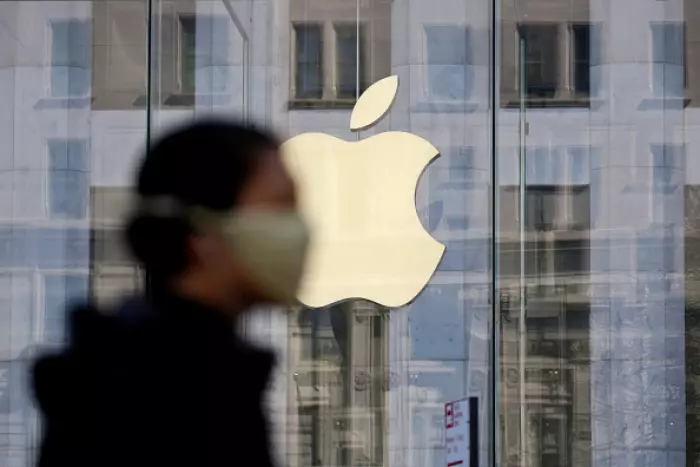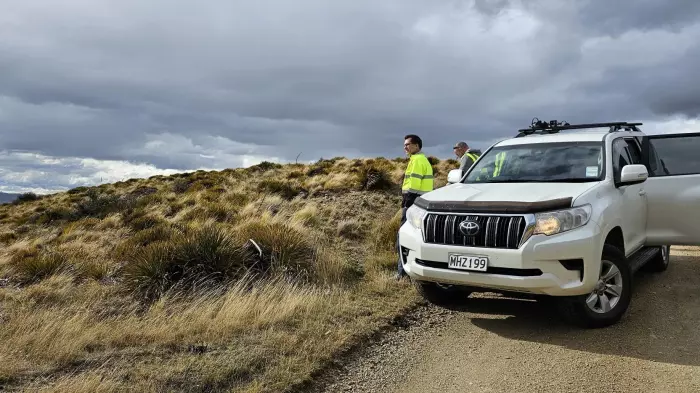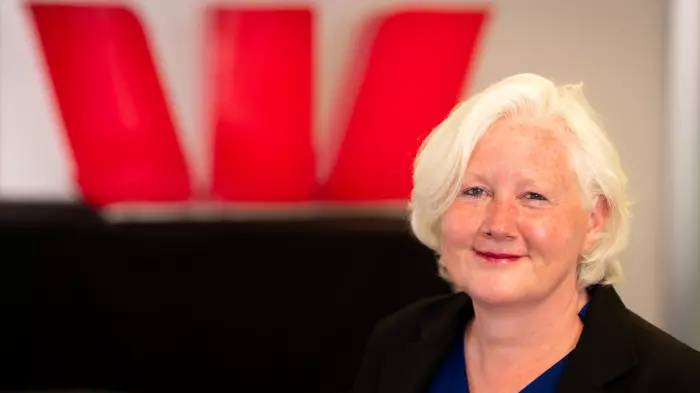Summary: It’s been a huge night for interest rate watchers. The European Central Bank (ECB) signalled a tapering of its QE overnight, adding to the Fed’s faster tapering move yesterday. The Bank of England also hiked rates unexpectedly. European and UK stocks rose overnight, but US stocks are down as much as 2% in late trade.
QE Taper Too The European Central Bank announced this morning it would start tapering its QE programme from over €80 billion (NZ$133.26b) a month now to around €30b a month in the second half of next year. This mild tightening came as the ECB raised its inflation forecast for next year to 3.2% from 2.6%, although it still sees it falling back to below its 2% target next year. European inflation hit 4.9% in November.
UK rate hike The Bank of England tightened monetary policy for the first time in three years overnight, putting up its cash rate from 0.1% to 0.25% overnight to combat inflation headed for 6%. It also confirmed it would end its QE programme at the end of this month, having printed £895b (NZ$1.7 trillion) to buy bonds since covid arrived. The decision surprised most economists and market players. British bank stocks rose. Also, Norway’s central bank hiked its cash rate for the second time in three months.
Sanguine in Europe The ECB’s milder tightening plans than the Fed didn’t surprise financial markets much, although they were described as slightly more hawkish than some expected. The German 10-year bund yield rose 4 basis points to minus 0.33%. That’s a real interest rate in Germany of minus 5.5%, given annual inflation there of 5.2% in December. European stock markets coped remarkably well with the cascading series of tightenings. The FTSE rose 1% and European stocks rose 1.3% in the wake of Thursday’s late rally on Wall St.
Wobbly US stocks US stocks rose another 0.4% in early trade as some investors welcomed the hawkish turn as not as bad as it could have been. They also see bond markets remaining stable and inflation expectations in markets barely budging from just above 2%. These ‘breakevens’ appear to show bond investors confident inflation can be tamed and will turn out to be transitory.
Tech weakness However, tech stocks sold off in late trade, with the Nasdaq down 1.9% at 7.30am NZ Time. although the S&P 500 was down only 0.5%. Tech stocks are seen as the most overvalued and the most vulnerable to rising bond yields. But wholesale interest rates were relaxed. The US 10 year Treasury bond yield fell 4 basis points this morning to 1.43%.
NZ dollar up The return of risk appetites saw riskier currencies such as the Kiwi dollar firm overnight. It rose half a cent to an overnight high of 68.3 USc, before easing a bit this morning to 68.0 USc.
Turkey votes for Christmas There was one exception to the wave of tightenings. Turkey’s President Recep Tayyip Erdogan cut Turkey’s main interest rate by one full percentage point to 14% despite inflation being at 21%. The Turkish lira immediately fell 5% to a fresh record low of 15.6 lira to the US dollar. Erdogan also increased Turkey’s minimum wage by 50% in lira terms, but the minimum wage has actually fallen 27% in US dollar terms this year because of the lira’s 50% plunge since the start of 2021.
Boeing gets the boot Late yesterday Qantas decided to switch its domestic fleet from Boeing 737s to Airbus A320s over the next decade, which boosted Airbus shares and disappointed Boeing, which has struggled to win back confidence in its 737 Max and lost bids to Airbus’ longer and more fuel-efficient versions of the A320.
Covid news overnight The French government decided to block British tourists from entering France from midday NZ time to prevent the spread of omicron. France is getting about 45,000 new covid cases a day, with hospitalisations rising to 1,000 a day and its ICUs are forecast to be near capacity by the end of the month.
On red alert The UK Health Security Agency said overnight omicron could now be spreading at a rate of 200,000 per day. It reported a record-high 88,376 new cases on Thursday. New South Wales put its hospitals on ‘red alert’ as case numbers rose, but politicians there again ruled out fresh lockdowns.
Got your pass? Fletcher Building told its 9,000 staff last night it would mandate vaccination for all on-site staff, Stuff reported.
Omicron modelling here Canterbury University modeller Michael Plank has given Stuff a peek this morning at his early modelling of what omicron could do once it gets into NZ. His modelling suggests case numbers could surge to between 2,000 and 50,000 a day, depending on a range of assumptions. As reported last night, an imported omicron case was found in MIQ in Christchurch yesterday.
In M&A news The AFR-$$$ reported this morning it understood Pioneer Capital, UK firm White Cloud Capital and the NZ Super Fund had agreed on a three-way deal to pay more than NZ$300 million for NZ’s biggest IVF provider, Fertility Associates.
The deal comes six months after Fertility Associates called in Rothschild and Cameron Partners to find a big new investor to help grow the business.
Glory days Bruce Springsteen sold his music rights for US$500m (NZ$736m) overnight. (BBC)
New meme stock Reddit announced plans overnight to list on US stock markets. (BBC)
Fresh on BusinessDesk this morning
Paul McBeth dives deep into Tourism Holdings’ deal to buy fellow camper van firm Apollo Tourism and Leisure in his weekly column. ‘The sad thing is this defensive play at the big end of town probably shows that smaller tourism operators are at the point of no return,’ he writes.
Ian Llewellyn reports Z Energy saying not all its fuel types will be blended with biofuels under a new govt direction. It’s unclear whether the govt will help Z restart its biofuels plant.
Mark Thomas writes in this Op-Ed NZ is being left behind with its borders still mostly closed.






